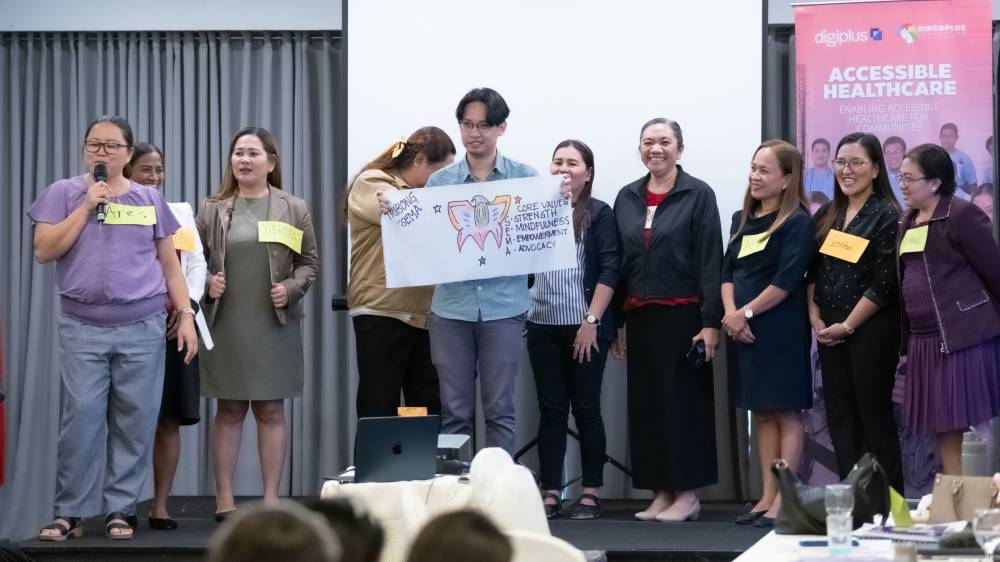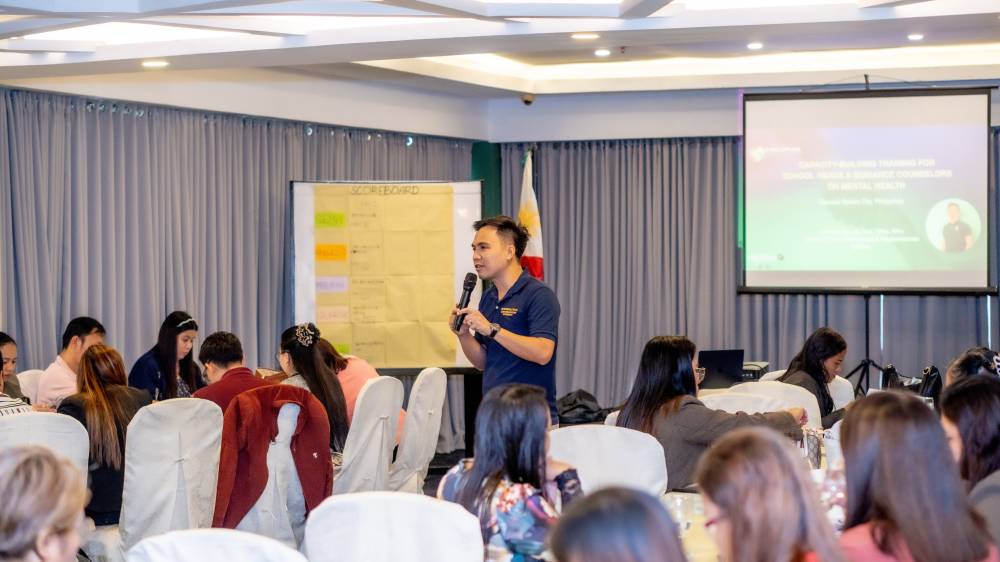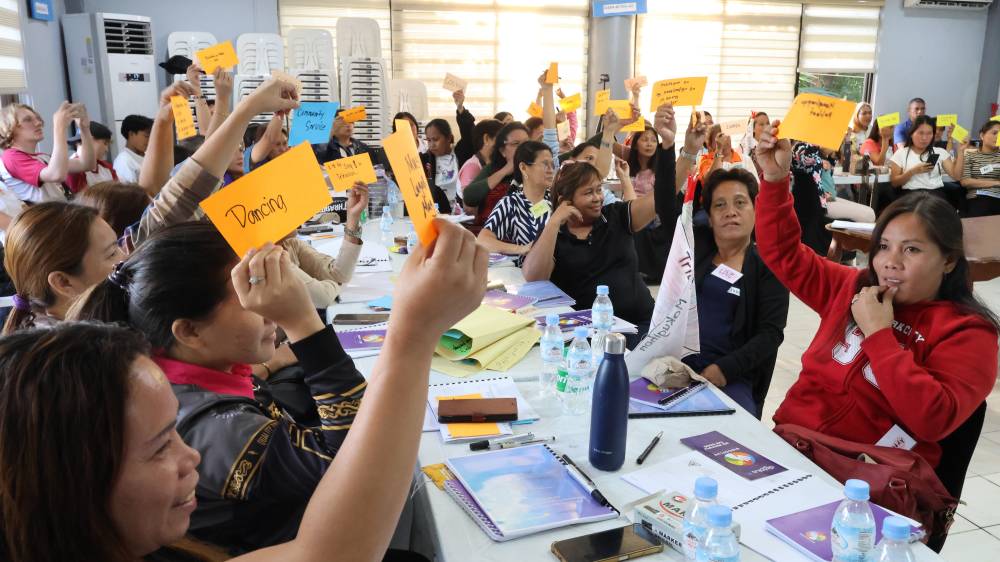Scaling up mental health support in communities

Barangay health worker Analisa Patindol can more confidently handle mental health concerns among residents of Tingub village in Mandaue City, thanks to an effort to supplement the infrastructure for mental health services.
“I now feel more confident talking to residents about their struggles,” she shared. “Before, I didn’t know what to say. Now I know how to listen and guide them to the right support.”

Capacity building program
Patindol took part in a two-part capacity building program on mental health in Cebu province and General Santos City, targeting community health workers, teachers and barangay leaders.
The participants covered foundational knowledge on mental health and psychosocial support; practical skills such as psychological first aid, active listening and referral pathways; and culturally sensitive approaches to encourage early help-seeking while reducing stigma.
The program was part of a broader community-based mental health campaign mounted by Paglaum Mental Health Support Group and Philippine Accessible Disability Services Inc., in partnership with BingoPlus Foundation, the social development arm of DigiPlus.

Supporting mental health
The Philippines only recently codified mental health as part of its overall health agenda, through the enactment in 2018 of Republic Act No. 11036 or the Philippine Mental Health Act.
There has been a general lack of tools and facilities to support the healthcare needs of Filipinos, including in mental health. The Department of Health reported that 3.6 million Filipinos suffered mental, neurological or substance-use disorders and that less than one mental health worker served 100,000 people.
Furthermore, grassroots communities lacked accessible and stigma-free mental health care.
“Mental health is often overlooked in grassroots communities, yet the need is urgent,” said Angela Camins-Wieneke, executive director of BingoPlus Foundation. “By [providing] local health workers and educators with the right tools, we are helping communities become more compassionate and resilient.“
The campaign intends to scale up. The training that equipped Patindol will be followed by barangay-level awareness caravans, whose sessions would reach 100 residents each time.
Moreover, Cebu province and General Santos City are only pilot sites, prioritized because of a high demand for interventions evidenced from partner organizations’ case monitoring and dialogue with local health offices. More communities across the country can expect support soon.

















